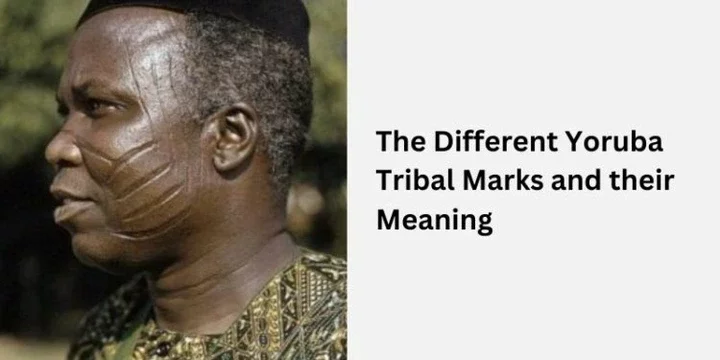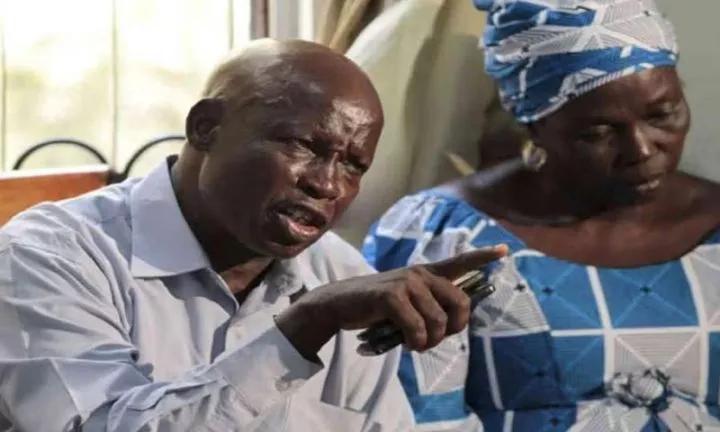![Ìyàwó does not directly translate to wife [Facebook] Ìyàwó does not directly translate to wife [Facebook]](https://static.netnaija.com/i/r9KYz3Y17q6.webp)
If you live in Nigeria, you must have heard this word being used to refer to a married lady especially those from Yoruba origin.
Have you ever wondered where the Yoruba word "Ìyàwó" originated from?
Surprisingly, Ìyàwó does not directly translate to "wife". The actual Yoruba word for wife is - "Aya". So, how come Ìyàwó is more commonly used?
According to Yoruba History, it all started from an event that happened in Iwo town many years ago. Legend says in this ancient town, a very beautiful princess named Wuraola was in search of a husband and so many suitors including the likes of Sango and Ogun tried to woo her, all to no avail. It is said that Wuraola was quite rude to her long line of suitors and most of them would end up leaving her village in anger.
Wuraola's fame soon spread to Orunmila, a Yoruba historical figure who also decided he wanted to marry this popular princess. Orunmila firstly decided to consult Olodumare about his intentions before setting out on his trip. Olodumare is said to have told Orunmila that all he needed was to be patient in order to win the heart of Wuraola.
With this in mind, Orunmila set out to Iwo town and when he arrived at the palace, he was met with an unwelcoming Wuraola. He however didn't mind and was all smiles throughout his visit which lasted for several days unlike the other Wuraola suitors.
On the sixth day of Orunmila's visit, the king decided he had seen enough and gave his beautiful princess to Orunmila for marriage. According to the king, Orunmila's patience had convinced him that he was the right man for his daughter.
Orunmila would later discover that Wuraola was actually a sweet and well-mannered Princess who had been rude to her suitors because she wanted to test them and see who would be patient enough to win her heart.
Seven days after his arrival at Iwo town, Orunmila left with his new wife, happy that he had followed the instructions of Olodumare.
It is said that when he got home, Orunmila received lots of praises from his people and whenever anyone asked him about his wife Wuraola, his response would always be, "Iya ti mo je ni Iwo" meaning - my sufferings in Iwo. Shortly after this, the word was coined to "Iya-Iwo" and it didn't take long before this became Ìyàwó the more common word for wife.
















Comments